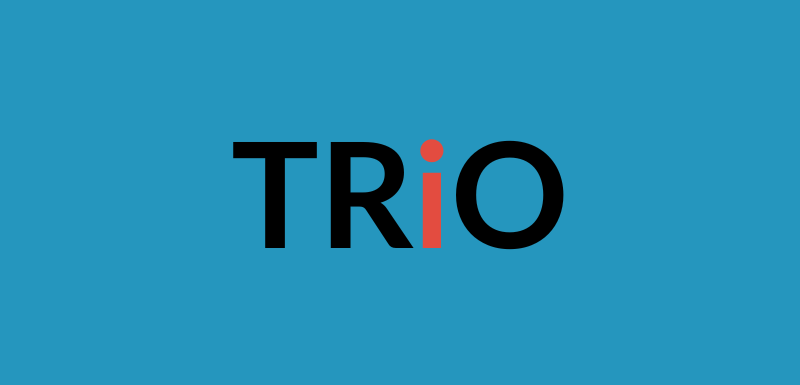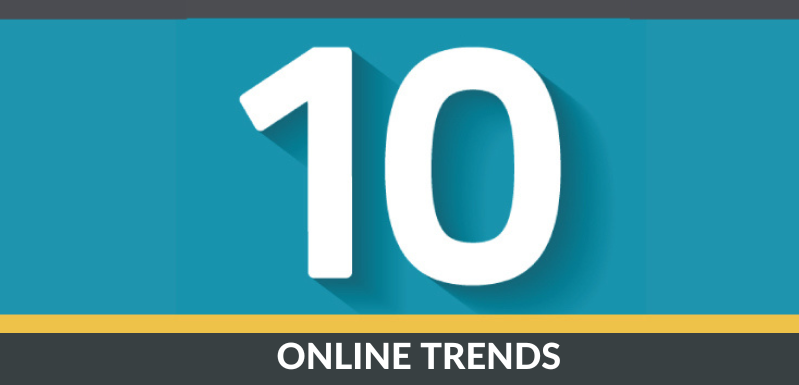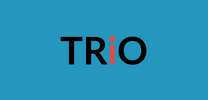EduShare - Higher Ed Blog & News
Broadening Access To Federal TRIO Programs
Discover how the U.S. Department of Education's recent proposal on January 12, 2024, is set to revolutionize access to Federal TRIO Programs, breaking down citizenship and residency barriers for high school students across the nation. Learn more about this pivotal move towards educational inclusivity and how it could impact underrepresented students.
Maximizing Student Retention: Strategies for Higher Education Success
Discover why only 58% of students graduate within six years and how to improve retention rates in higher education. Based on insights from Dr. Aaron Hughey, this post explores key challenges like financial constraints, academic readiness, and mental health, offering strategies for institutions to better support students towards graduation success.
2023's Top 10 Trends In Online Student Orientation - 2024 Trends Coming Soon!
Discover how these top 10 trends in online orientation can reshape how we connect, engage, and support our diverse student body. Click to read our full post and join us in embracing a future where every student's educational journey is dynamic, inclusive, and successful in the digital world.
Procrastination in College: Essential Tips for Parents to Help Their Students
Seeking ways to help your college student overcome procrastination? Dr. Amy Baldwin and Dr. Laurie Hazard offer invaluable strategies for parents to effectively guide their students. Learn from their expertise to empower your college student in managing their time and responsibilities more efficiently.
Harnessing AI: A Toolkit For Success In Work & Learning
Explore the transformative power of AI tools in education with our insightful blog post. Delve into Dr. Jean Mandernach's expert advice on ChatGPT, Bing, Claude, and Bard, and learn how to enhance online teaching and learning. Discover key strategies for building an AI toolbox, fostering AI literacy, and leveraging generative AI for success in both academic and professional settings.
The Power Of Belonging: Transforming Student Experiences In Higher Education
Welcoming and respectful environments are crucial for student success. Safe and brave spaces support vulnerable students, while belonging interventions improve outcomes for minorities. This builds community, resilience, and inclusivity, enhancing student well-being.








